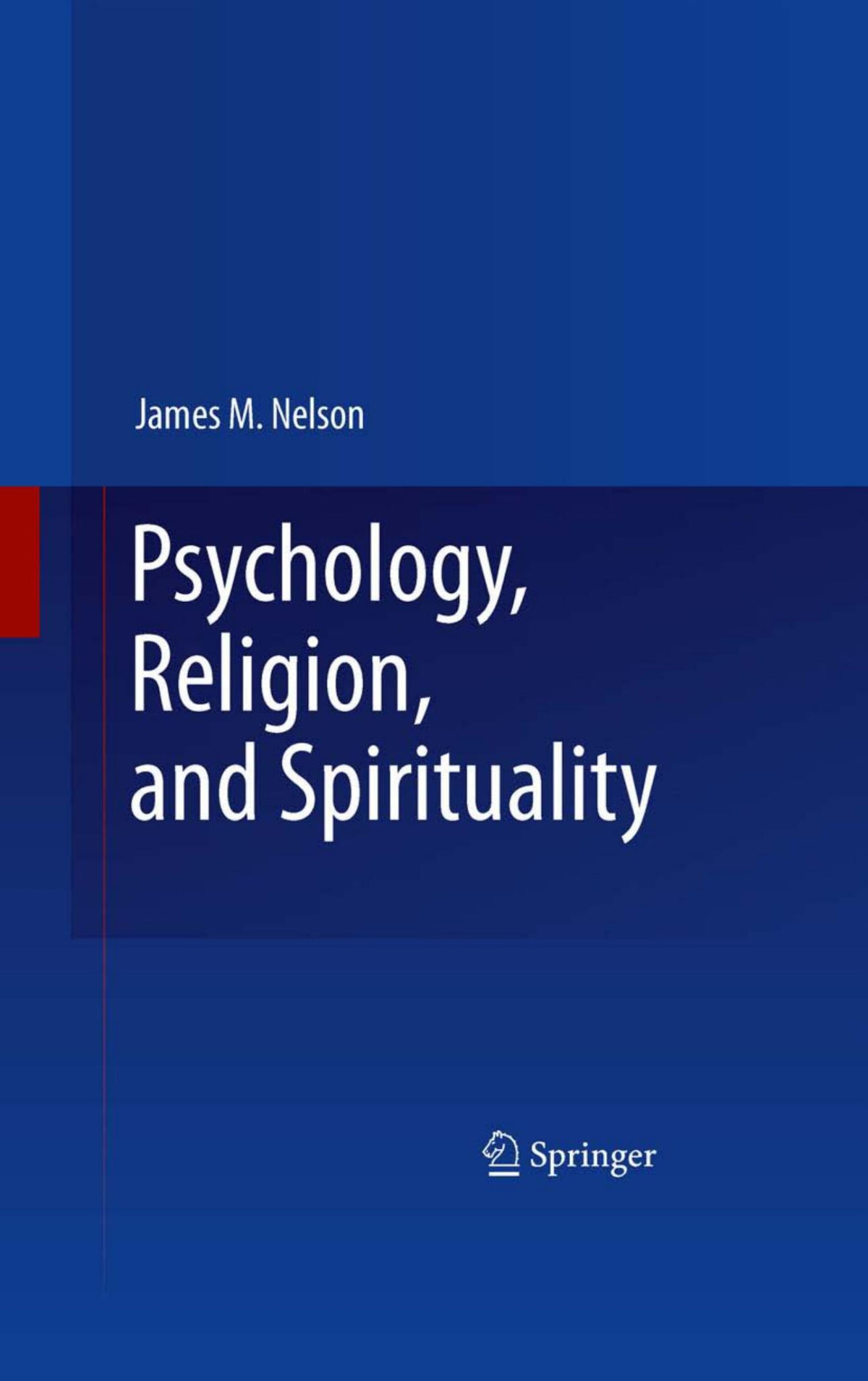

Most ebook files are in PDF format, so you can easily read them using various software such as Foxit Reader or directly on the Google Chrome browser.
Some ebook files are released by publishers in other formats such as .awz, .mobi, .epub, .fb2, etc. You may need to install specific software to read these formats on mobile/PC, such as Calibre.
Please read the tutorial at this link: https://ebookbell.com/faq
We offer FREE conversion to the popular formats you request; however, this may take some time. Therefore, right after payment, please email us, and we will try to provide the service as quickly as possible.
For some exceptional file formats or broken links (if any), please refrain from opening any disputes. Instead, email us first, and we will try to assist within a maximum of 6 hours.
EbookBell Team

0.0
0 reviewsOver a century ago, psychologists who were fascinated with religion began to study and write about it. Theologians and religious practitioners have responded to this literature, producing a fascinating dialogue that deals with our fundamental und- standings about the human person and our place in the world. This book provides an introduction to the important conversations that have developed out of these interchanges. The dialogue between psychology and religion is difficult to study for a number of reasons. First, it requires knowledge of both psychology and religion. People with a background in psychology often lack a solid understanding of the religious traditions they wish to study, and theologians may not be up to date on the latest developments in psychology. Second, it requires conceptual tools to organize the material and understand the basic problems involved in any attempt to connect the science of psychology with religion. These concepts can be found in many places, for instance in the writings of philosophers of science, but they are complex and often hard to follow for those without a proper theological and philosophical ba- ground. Finally, authors who write on the topic come to the study of psychology and religion from a variety of academic and personal backgrounds. This makes for wonderful diversity in conversations, but it makes understanding and mastery of the material quite difficult.
**
ReviewFrom the reviews:
"James Nelson’s book … is explicitly offered in the tradition of dialogue. … The great strength of this book lies in the impressive array of topics it covers … . those interested in delving further into a particular topic will surely welcome this surfeit of citations … . Nelson’s postmodern and pluralistic perspective, and the final emphasis on practical applications will … make it attractive for potential adoption as a textbook in courses on psychology and religion, especially when a religion-friendly approach is desired." (David M. Wulff, PsycCRITIQUES, Vol. 54 (39), 2009)
“The book … will be a valuable resource for graduate students taking courses in the psychology of religion. Counseling professionals, especially those in spiritual and pastoral counseling, theologians, and religious practitioners and others taking seminary courses will find this book to be beneficial and enlightening. … This book is alone in offering a rich, in-depth, and fascinating dialog among psychologists, theologians, and religious practitioners on the fundamental questions of human existence and our place in the world. … will serve academics and counseling practitioners well.” (Michael S. Goldsby, Doody’s Review Service, January, 2010)
The past century has seen the relationship between psychology and religion progress from wary antagonists to strange bedfellows to complementary worldviews. Psychology, Religion, and Spirituality is designed as a text that reflects this history while illuminating the robust dialogue that continues to accompany it.